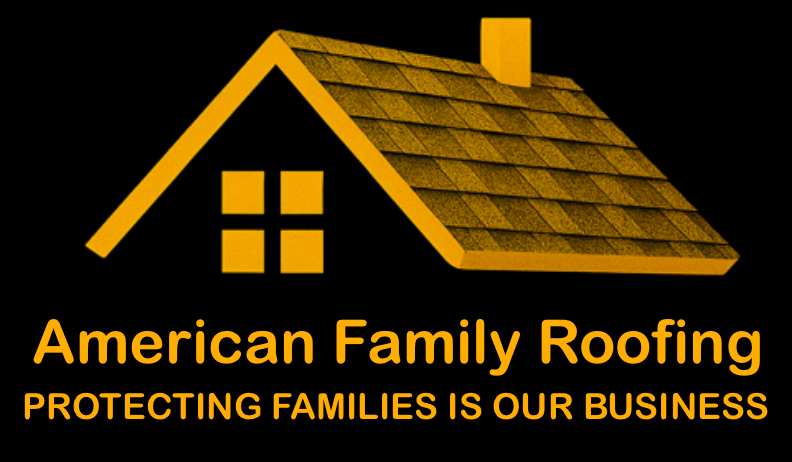
A new roof is a major investment, and one of the most common questions homeowners ask is about the roofing warranty. In Pinellas County, where roofs endure salt air, heat, and tropical storms, knowing how your warranty works is just as important as choosing the right materials.
At American Family Roofing LLC, we believe that transparency is key. Here’s what every homeowner should know about roofing warranties before signing a contract or filing a claim.
The Two Main Types of Roofing Warranties
Roofing warranties typically fall into two main categories:
1. Manufacturer’s Warranty
This warranty covers the roofing materials themselves—shingles, tiles, or metal panels—against defects or premature failure.
What’s covered:
- Defects in materials (like shingles that crack too soon)
- Premature wear not caused by installation or weather damage
What’s not covered:
- Improper installation
- Storm, wind, or hail damage
- Poor maintenance or neglect
Manufacturer warranties often range from 20 to 50 years, depending on the material and product line. Some offer “lifetime” coverage, but it’s important to read the fine print, as this usually applies only to the original homeowner.
2. Workmanship Warranty
The workmanship warranty is issued by your roofing contractor and covers installation errors or workmanship-related issues.
What’s covered:
- Leaks caused by improper installation
- Flashing errors
- Faulty underlayment installation
What’s not covered:
- Damage caused by severe weather or debris
- Roof issues from lack of maintenance
- Material defects (those fall under the manufacturer warranty)
A reputable roofing company, like American Family Roofing LLC, will back its work with a clear and reliable workmanship warranty, because even the best materials won’t perform if they’re not installed correctly.
The Importance of Choosing a Certified Contractor
Manufacturer warranties are only valid if the roof was installed by a certified or approved contractor. Hiring an unlicensed or inexperienced roofer can void your material warranty entirely.
Example:
A homeowner in Largo replaced their roof with premium shingles but used a contractor without manufacturer certification. When shingle defects appeared three years later, the manufacturer denied the warranty claim due to improper installation.
Tip: Always confirm your contractor’s credentials before signing. At American Family Roofing LLC, we meet all manufacturer requirements and install every roof according to Florida Building Code and industry best practices.
Common Warranty Misunderstandings
Many homeowners assume their warranty covers any roof problem—but that’s not the case. Here are a few misconceptions we hear most often:
- “My warranty covers hurricane damage.”
→ False. Weather-related damage typically falls under your homeowner’s insurance, not your warranty. - “My lifetime warranty lasts forever.”
→ Most lifetime warranties are limited, with coverage that decreases over time or ends if the home is sold. - “If I don’t register my warranty, it’s still valid.”
→ Some manufacturers require registration within a certain timeframe. Skipping this step can void your coverage.
How to Protect Your Warranty
To make sure your warranty stays valid and useful:
- Keep all receipts, contracts, and inspection reports
- Schedule annual roof inspections and document maintenance
- Avoid DIY roof repairs or unlicensed work
- Make warranty claims promptly when issues arise
Being proactive helps you avoid coverage disputes and ensures you’re protected if problems occur down the road.
Your roof’s warranty is more than fine print—it’s a safeguard for one of your biggest investments. Understanding what’s covered, who’s responsible, and how to maintain your warranty helps you make smarter decisions and avoid unnecessary expenses.
At American Family Roofing LLC, we stand behind every roof we install with honest warranties, clear communication, and trusted workmanship. Whether you’re replacing your roof or filing a warranty claim, our team ensures you get the protection and peace of mind you deserve.
